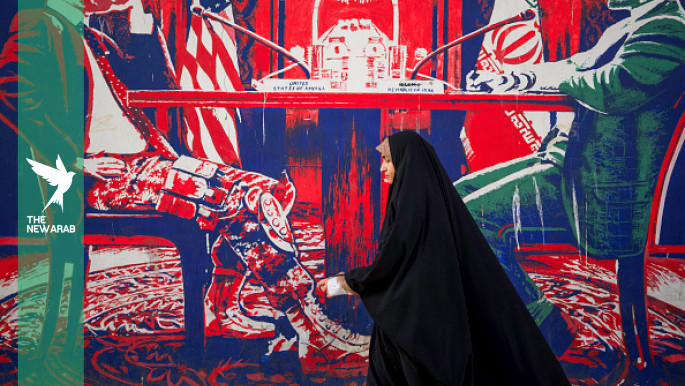Talks between Tehran and the US have stalled since Israel launched its bombing campaign on Iran last month [Getty]
Iran said Tuesday it has not made any request for talks with the United States, after President Donald Trump said Tehran was seeking negotiations following last month’s war with Israel.
“No request for a meeting has been made on our side to the American side,” said Iranian foreign ministry spokesman Esmaeil Baqaei, according to Tasnim news agency.
Trump said Monday that Iran was seeking talks with the United States and that they had been scheduled, without specifying the time or the location.
“We have scheduled Iran talks. They want to talk,” Trump told reporters in the White House where he was meeting with Israeli Prime Minister Benjamin Netanyahu.
“They want to meet. They want to work something out. They’re very different now than they were two weeks ago.”
Iranian Foreign Minister Abbas Araghchi also reiterated Tehran’s position rejecting talks at this stage.
“Although Iran has in recent days received messages indicating that the US may be ready to return to negotiations, how can we trust further engagement?” the Iranian top diplomat said in a piece he wrote for the Financial Times.
On June 13, Israel launched an unprecedented bombing campaign on Iran that targeted military and nuclear sites as well as residential areas, and killed senior military commanders and nuclear scientists.
The attacks began days before a planned meeting between Tehran and Washington aimed at reviving nuclear negotiations. The talks have since stalled.
The United States, which had been in talks with Iran since April 12, joined Israel in carrying out its own strikes on June 22, targeting Iranian nuclear sites at Fordow, Isfahan and Natanz.
“After agreeing to new negotiations in good faith, we have seen our good will reciprocated with an attack by two nuclear-armed militaries,” Araghchi, who was also Iran’s top negotiator during the talks with the US, said in the Financial Times piece.
“Iran remains interested in diplomacy, but we have good reason to have doubts about further dialogue.”
